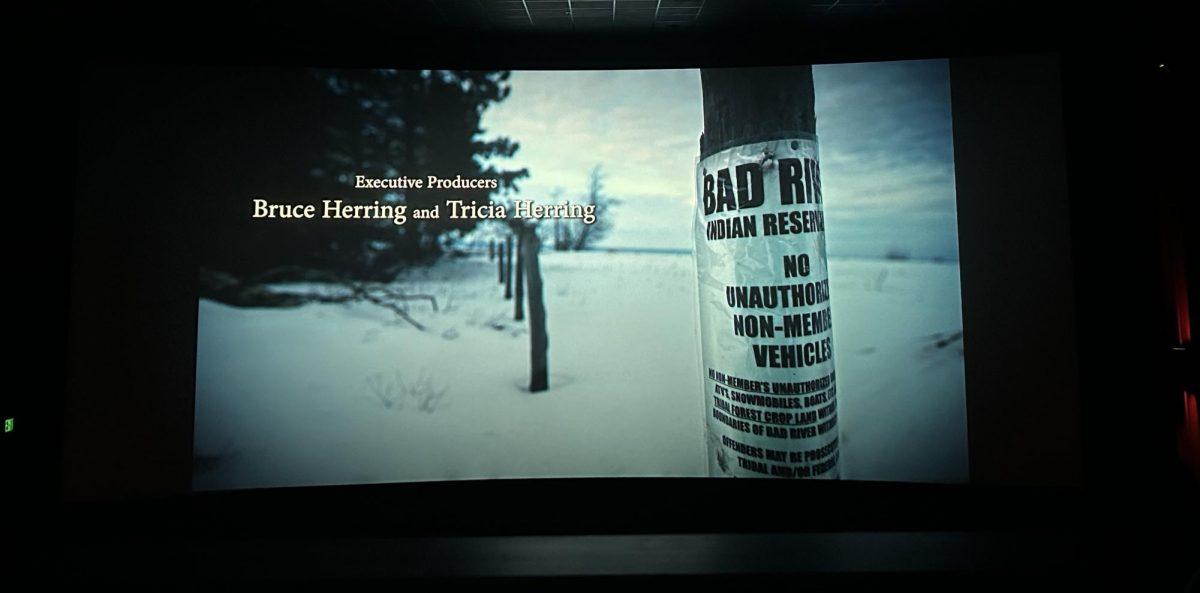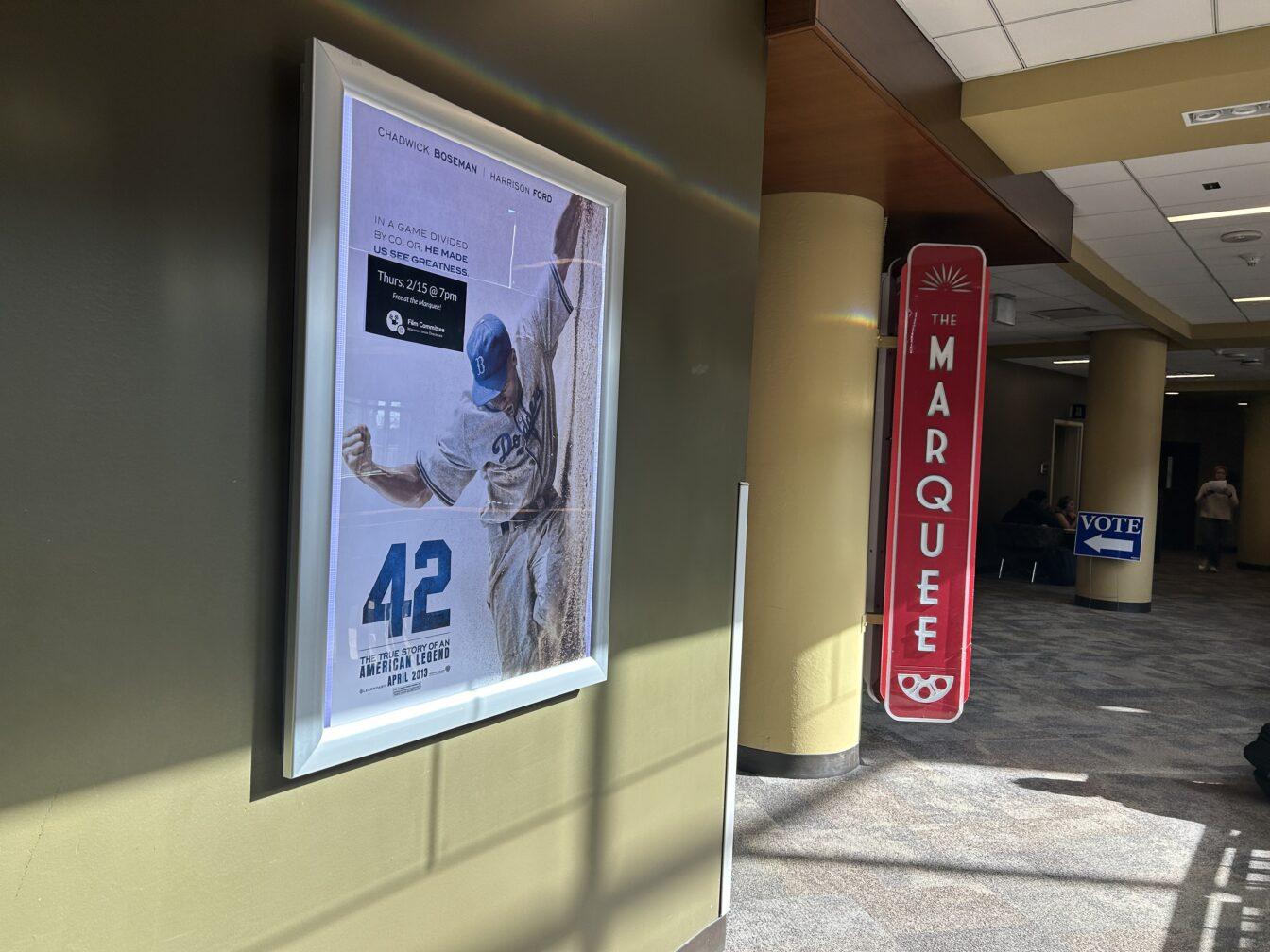
Since their surprise performance together during the 81st Academy Awards, when it was confirmed Hugh Jackman (“Butter”) and Anne Hathaway (“The Dark Knight Rises”) would sing together in the cinematic adaptation of “Les Miserables,” audiences anxiously awaited the release of the musical on Christmas Day. Released in theatres during a competitive film season, “Les Miserables” has done well for itself – a sole musical among historical biopics and other quality films all up for awards.
The winner of three Golden Globes, including Best Motion Picture-Musical or Comedy, and nominated for eight Academy Awards, director Tom Hooper (“The King’s Speech”) brings an innovative adaptation of “Les Miserables” to the screen. Unlike other musicals, Hooper, along with Jackman and other members of the cast and crew, insisted on performing the musical live in front of the cameras rather than recording the music prior to filming. The cast used earbuds to listen to a live piano in the distance to guide their singing, and the musical score was added following filming.
This new form of production gave the cast freedom to bring depth and emotion to their performances not seen in other musicals. The monologues throughout the film are not restricted by the score, but rather are determined by the performances of the cast.
The film, based on the musical of the same name and adapted from the novel by French writer Victor Hugo, takes place during the onset of the June Rebellion of France in 1832. Jackman plays ex-convict Jean Valjean, who, in an attempt to remake his life, breaks his parole and creates a new identity as the mayor of a town in France. In the process, he meets Fantine, a dying prostitute and single mother. Valjean respects her final wishes and seeks to raise her only daughter, Cosette, while also on the run from police inspector Javert (Russell Crowe, “The Man with the Iron Fists”).
The performances by Jackman and Hathaway are unforgettable. Jackman speaks to the audience with his emotions, struggling to make moral decisions during an era of poverty and great difficulty. Child actors Isabelle Allen, playing a younger Cosette, and Daniel Huttlestone, playing a young street boy, also hold their own in this dramatic film.
Amanda Seyfried (“Gone”) and Eddie Redmayne (“My Week with Marilyn”) play an older Cosette and Marius, a leader of the rebellion, respectively. Although the two characters are meant to have the strongest surviving romantic relationship in the film, the chemistry seems to be lacking between Seyfried and Redmayne. Ironically, the comical relationship between Helena Bonham Carter (“Dark Shadows”) and Sacha Baron Cohen (“The Dictator”) as the Thenariders – innkeepers in the film – have a greater spark between them than Seyfried and Redmayne.
Crowe, although ideal for the role as a strict police inspector, struggles to offer a musically sound presentation. In contrast, Samantha Barks, who plays Eponine, the daughter of the Thenariders and an activist in the rebellion, gives a fantastic debut performance in a supporting role. Barks played the part during the 25th anniversary production of the musical at the West End in London, and hopefully “Les Miserables” won’t be her final film performance.
Hooper also left his mark with this film. Although he offers an innovative form for adapting a musical to the silver screen, he uses familiar cinematography for Hathaway’s raw and soulful performance of “I Dreamed a Dream.” The setup is remenissiant of the camera-work used for Colin Firth’s Oscar-winning performance in “The King’s Speech.” Hooper’s films bring audiences into the time period of the story, not only depicting the factual events of the time, but also the emotions of those involved.
The film runs long, at just more than two and a half hours, but it’s full of intense emotion, continuous singing and dramatic actions and performances. It is not a film for everyone, although its messages and storylines are appealing in many forms. For the year of film, “Les Miserables” is a beautiful work of cinematic art that compares to other award-winning musicals, such as Academy Award for Best Picture winner “Chicago.”
As many members of the cast come together to perform the final number, “Do You Hear the People Sing”?, there is a sense of unity and finality to the film that leaves audiences entertained. As the song suggests, “It is the music of a people,” and Hooper’s adaptation of “Les Miserables” is a moving and enriching film for enthusiastic film audiences.
4 out of 5



















